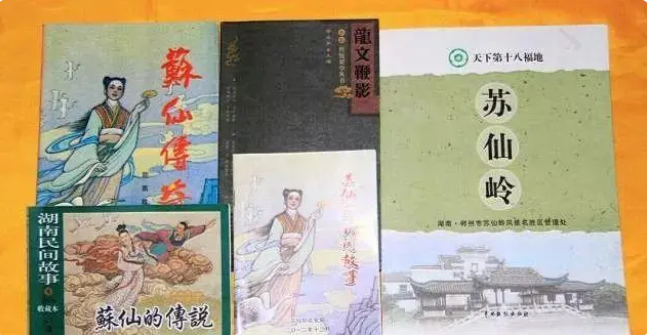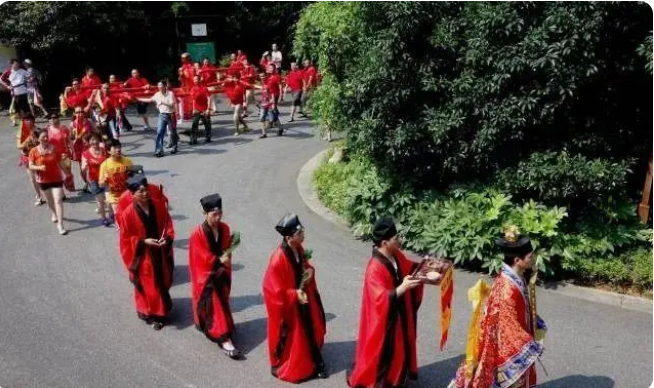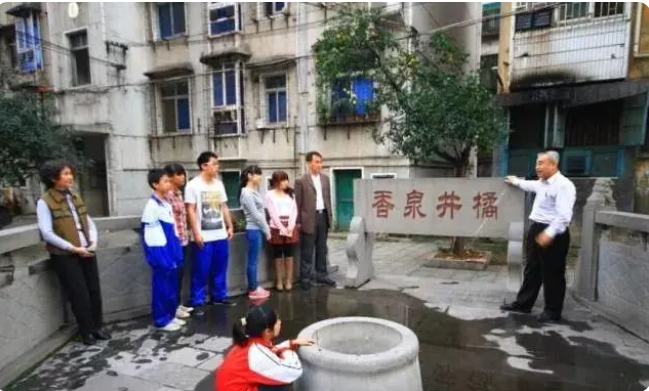Legend of Su Xian
“The Legend of Su Xian” refers to the core stories of Su Dan, a Chenzhou herbal medicine doctor, more than 2,000 years ago, including his magical birth, a deer suckling him, his filial piety to his mother, planting oranges to drive away the epidemic, and becoming an immortal.

The “Legend of Su Xian” has a distinctive regional feature, spreading from Chenzhou to the outside and inside of the Hunan province. So far, various living forms of the “legend of Su Xian” have been widely spread among the people of Chenzhou.
Every year, on the 15th day of the fifth month of the lunar calendar, which is the Suxian Ascension Day, the local people in Chenzhou will hold temple fairs such as lifting the bronze statue of Su Xian.

The “Legend of Su Xian” bears the unique cultural connotation of filial piety, Taoism and traditional Chinese medicine, and has a far-reaching impact. According to the legend, Malingshan Mountain (today’s Suxianling), the birthplace of Su Dan, was listed as a blessed place by Taoism and formed the medical allusions of “tangerine leaves put in a well” and “a tangerine well guarded by a dragon” in the Song Dynasty. The legendary Xiantao Ridge, Bailu Cave, Suxian Bridge, Suxian Temple and other landscapes are well preserved.
Every year, many tourists in the Suxian Ridge National Scenic Area enjoy the charm of the legend of Su Xian through oral transmission, images, text and other ways. The legendary “Jujing (tangerine well)” has become a symbol of TCM. The Jujing culture formed by the legend has not only spread across China and influenced Japan, South Korea, Vietnam, but also the overseas Chinese have set up “Jujing clinics” in Chinatown.

The libraries of France, Austria, Russia, Japan and other countries have collected relevant materials of “Sudan and Jujing”. Matteo Ricci, an Italian missionary in the Ming Dynasty, mentioned “Jujing and apricot forests (both are referred to the medical circle in Chinese)” in his book “The Memory Palace of Matteo Ricci”. The legend of Suxian has important value in folk customs, religion, medicine, literature and art, and tourism.







 湘ICP备13003667号
湘ICP备13003667号
